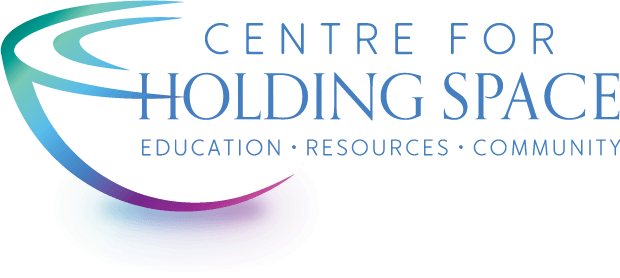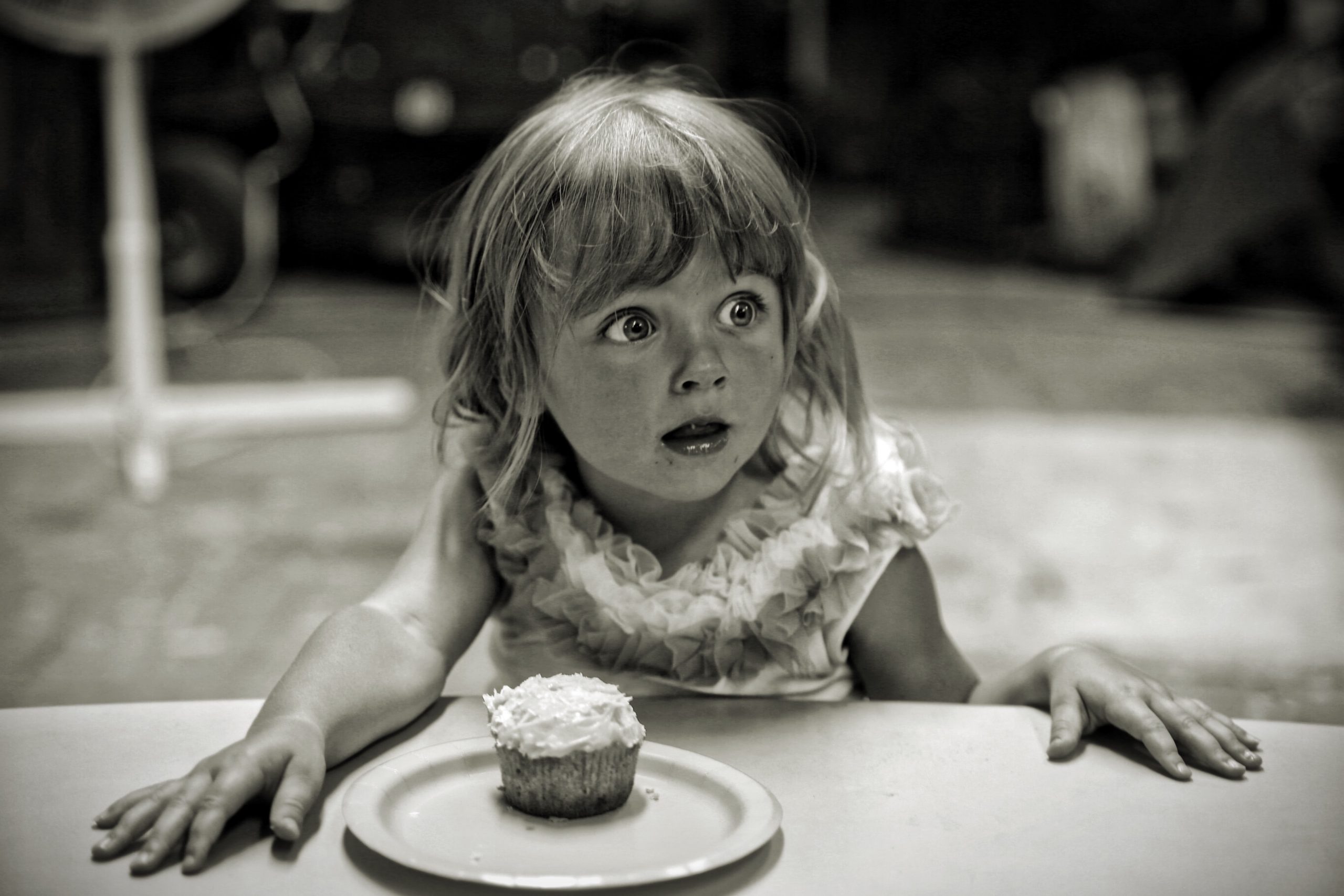Listen to Heather read the post…
A couple of weeks ago, I shared a video on social media of the moment I first glimpsed a printed copy of my book. It was a fun little moment – one I’ve waited many years for – and I wanted to share it with my friends and followers.
In the comments that started flowing in, there were several that made reference to the joy written all over my face when I first saw the book. Something about those comments made me go back and watch the video I’d just shared… and suddenly I saw something that made me slightly uncomfortable with what I’d revealed.
On full view, for anyone who wants to see it, I’d revealed my unguarded joy. It’s a child-like glee that shines on my face and nearly splits my face in half with the size of my grin.
Now… you might be wondering what about that made me pause and why it’s worth writing about two weeks later. Well… it’s the vulnerability in it. It’s the exposure of my truest feelings – like an open window into my very heart. In that moment, you get to glimpse my most raw and honest self, and it’s abundantly clear how important this book is to me – how I’ve poured my heart and soul into it and exposed more than I ever have before. For as long as I can remember, I’ve wanted to have a book published, and the fact that it’s finally happened feels BIG and also… scary.
There’s something rather terrifying about being that vulnerable and exposed, whether the feeling that’s being unmasked in that moment is pure joy, pure rage, pure grief, or pure fear. It’s terrifying because when that level of vulnerability is exposed, I’ve given away some of my power to control the moment and I’ve allowed others to have some power to hurt me with it.
It’s like revealing my hand in a card game – others now have information that they can use for their own benefit.
When I re-watched the video, one of my first thoughts was “Do I trust the people watching this to hold space for my most tender, exposed self? Do I believe they have the capacity and emotional maturity to view my moment of vulnerability and not use it to cause me pain?”
And the answer to that is… “Some do, and some don’t.” And a more nuanced answer is “Some may have the capacity and maturity on one day and then lack it in the next, depending on their level of stress, shame or ‘spoons’ at that time.”
Because, the truth is… sometimes we can watch another person in a moment of unguarded emotion, and we can hold space for it without bringing our own baggage to the moment, and sometimes we’re so triggered by their big emotions that we want to shut them down, shame them, or run from them. Sometimes we can be fully present for their moments of celebration or accomplishment, and sometimes it makes us feel so insignificant, we find some way of diminishing it so that we don’t have to live with the discomfort it causes us.
The same is true for any unguarded emotion – feel it too deeply and express it too openly to people not prepared to hold it, and there will be at least one person whose discomfort is so great that they need to shut it down. I’ve experienced and witnessed it with joy, grief, rage, fear, disappointment, delight, etc. – reveal it in a space where not everyone has the capacity to hold it, and there’s a good chance you could walk away somewhat wounded because of the way it triggers other people’s insecurity, shame, jealousy, discomfort, fear, trauma, etc. Some will mock you for it, some will be passive aggressive, some will find a tiny flaw or alternative perspective to focus on in order to diminish your emotion or distract you, some will gaslight you or use spiritual bypassing to imply you’re “doing it wrong”, and some will find a way to centre themselves instead of you.
To a person who’s learned to shut down their own emotions – whether because of abuse, social conditioning, trauma, shame, fear, or lack of being witnessed and loved in childhood (or all of the above) – the sight of another person’s raw emotions can feel threatening, disorienting, or overwhelming. It can make us feel panicky and insecure because we’ve been taught that big emotions are unsafe. We likely don’t INTEND to shut down whatever we’re witnessing in another person, but our triggered reactivity is so powerful in that moment we don’t know how to stop it. (It is also worth mentioning that those who are neurodivergent may simply not be able to read the cues or know how to respond when they see emotions they’re not familiar with.)
AND… let me assure you that it’s not just OTHER people who don’t always have the capacity, energy, or understanding needed to respond to other people’s big emotions. I know that I, too, in moments of insecurity, jealousy, fear, exhaustion, overwhelm, trauma-triggering, etc., have said or done unsupportive things in the face of people’s raw and unfiltered emotions, and have made them regret the choice to let down their guard in front of me. I work really hard at NOT doing this, but we’re all human and we all have moments when we don’t hold space in the way another person needs us to. (I remember, for example, how many times I had to bite my tongue when my mom would reveal her unfiltered grief over the sudden death of my dad to random strangers, like hairdressers or landlords, and I wanted to tell her to be more selective about where she let down her guard. I was less than supportive in some moments when she needed me to be.)
Witnessing vulnerability in someone else can make us feel vulnerable. When we’re uncomfortable with our own vulnerability, most of us become more guarded and we project our need for that guardedness onto other people.
What, then, are my conclusions about these unfiltered emotions and what it takes to hold space for them?
For one thing, I think it’s wise to be selective about where and when we reveal our most raw and honest selves. We all need boundaries and tenderness and protection from harm, and exposing ourselves needlessly to those who don’t have the capacity or emotional maturity or energy or “spoons” to hold space for our vulnerability is unnecessary and unwise. You wouldn’t send a child out to play in a field where you knew unpredictable wild animals were present, so why would you expose your inner child to people who might hurt you? When you haven’t been witnessed and supported in the way you needed to be in childhood, you need to learn to parent yourself, and that means protecting yourself whenever you need it. Sometimes that means only revealing yourself to certain people, and sometimes it means asking a trusted person if they have the capacity in that moment to hold space.
That doesn’t mean that we should all become guarded and distrustful, though. That’s the danger we face when we assume EVERYONE will hurt us if we reveal too much. No, instead we can learn discernment about who has capacity and maturity and what spaces are safe for our vulnerability, and then we can do what it takes to build trusting and supportive relationships and communities. Sometimes that means establishing ground rules or agreements about what is acceptable and what makes us feel safe (something we do at retreats or in our courses when we anticipate that people will be sharing vulnerable parts of themselves). Almost always, it means learning to identify and articulate your own needs so that other people can help you fill them.
It’s also critical that we learn how to hold space for ourselves and that we find healthy practices that help us process our own big emotions. Shameless journal-writing is one of my go-to practices – I let myself write whatever I want and need in my journal and it’s completely unfiltered. I don’t shame myself for what shows up on the page and I don’t edit it or tone it down. The emotions are real and raw, and often just writing them on the page allows me to pass through them into a space that feels more balanced and peaceful. Sometimes my pages are full of the deepest grief, and sometimes they’re full of unbridled joy. It’s all safe in the pages of my journal.
The more we learn to hold space for our own big emotions and the less we gaslight, shame, and “tone police” ourselves, the greater our capacity will be to hold space for other people’s big emotions.
We learn this work by practicing it – both for ourselves and others. We learn it by working through our own discomfort to discover the beauty that can happen when we’re truly present for another person’s rawness and realness. We learn it when we let ourselves feel things that we might have been afraid to feel before – both the highs and the lows. We learn it when we witness a person’s big emotions and we don’t try to fix, control or diminish any of it. We learn it by pausing, in those moments when our reactivity rears up and we want to shut down the discomfort, and we learn it by taking deep breaths and leaning in.
Despite my discomfort over revealing more than I expected to in that video, I didn’t take it down. I let myself be exposed and I allowed people to hold space for my joy. Fortunately, I have a beautiful, supportive community and I received nothing but love and kindness in response. (Thank you, dear readers.)
Even though it feels risky to reveal that level of realness, and I recommend being intentional about where or with whom you expose yourself, I have also often witnessed how hungry we are for more authenticity and truth-telling, and so I continue to do it in ways that feel right for me. It makes us feel more connected and less isolated when we witness others who are willing to reveal themselves, and I am always moved by the responses from people who share their vulnerable stories in response to mine.
I am delighted that you want to share my joy with me and I look forward to sharing my book when it launches on September 29th. I’ll be hosting an online party (stay tuned for details) and really hope you’ll join in the celebration!
Also, if you want to learn more about what it means to hold space, there are still spaces open in our Foundation Program, which begins in October.

